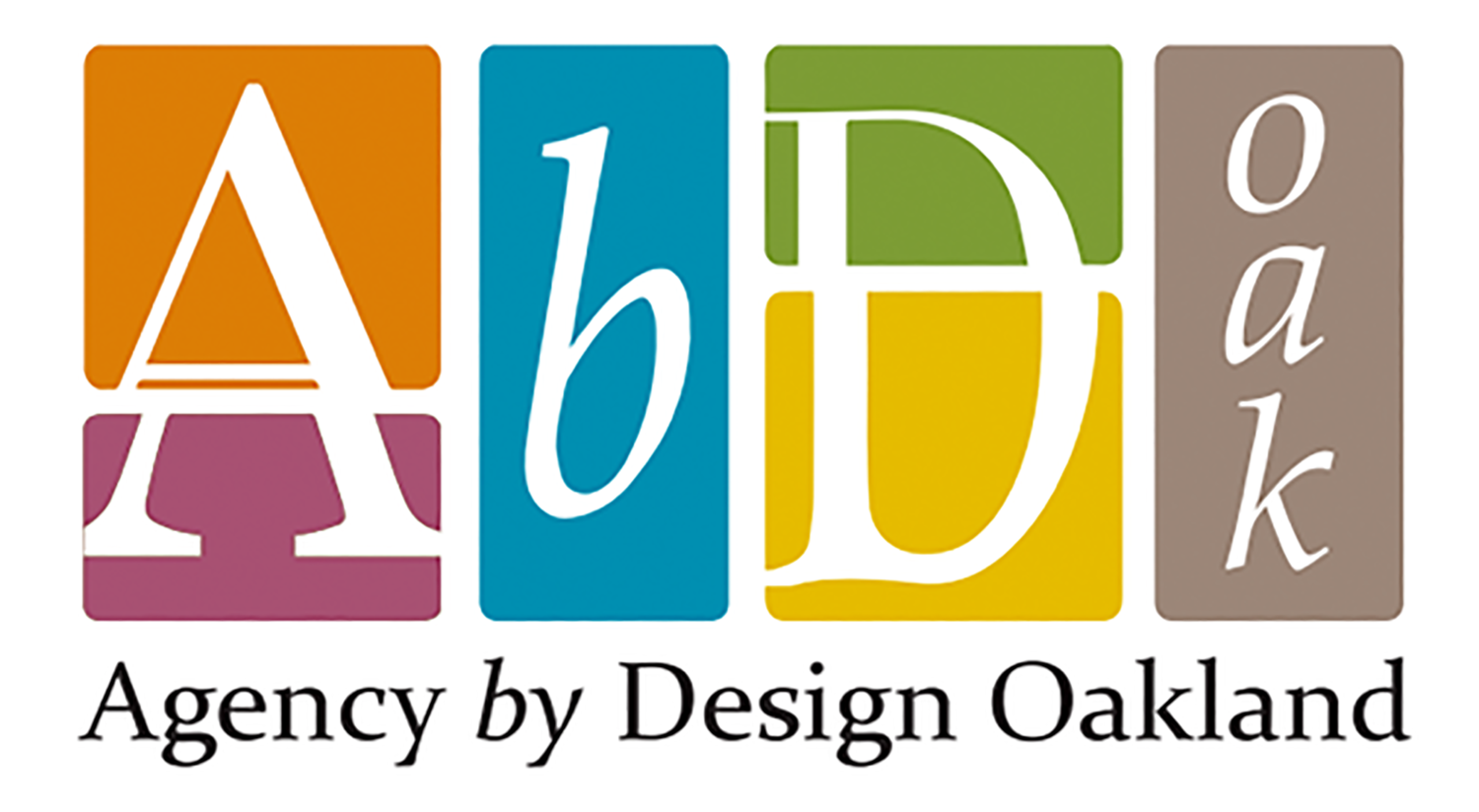Thinking Tinkering Podcast & GUIDE
Picture of Practice by Agency by Design Oakland 2017-2018 Teacher Fellows Susan Lee and Katy Ailes
“The thing that stands out is that people are really joyful at the end of the meeting.” Susan Lee
“Now I have the tools to lead professional development. We used the Parts, Purposes, Complexities thinking routine with teachers to plan curriculum. It was so rich and deep and it only took 15 minutes. People were like, ‘Why have I never taught it this way before?’” Katy Ailes
Katy Ailes and Susan Lee are Lower Elementary teachers at Park Day School in Oakland. Both in their second year of the Agency by Design Oakland fellowship, they decided to focus their inquiry work on leadership & coaching. Because they wanted to have a greater impact at their school site they ultimately chose to implement an opt-in professional learning community. To document this process and share the work with others, Katy and Susan created a podcast series and a flow chart guide, to share how they used Agency by Design ideas to shape and create rich learning opportunities for their colleagues.
Thinking Tinkering Podcast Series
“And it made me feel very connected in a heartfelt way, to the people I work with, because we weren’t just meeting our minds, we were meeting other parts of ourselves, our souls, our hearts.”- Park Day School Teacher Participant
Episode 1
Susan and Katy discuss how they arrived at this project and the history of maker-centered learning at Park Day School. They interview Ilya Pratt, a member of Agency by Design Oakland's Leadership Team, and the Director of the Design+Make+Engage Program and Innovation Workshop at Park Day School. Ilya describes the developmental and multi-sensory educational approaches used at Park Day, and the roots and evolution of maker-centered learning at the school, and how these connect directly with the Innovation Workshop. Katy and Susan then go on to talk about the development of the professional learning communities, and the strategies and challenges of implementing them.
Episode 2
Susan and Katy explore what happened during the maker meet-ups they implemented, and hear from teachers about the impact of these workshop on school culture and students, and on their own professional learning. Susan and Katy review thinking routines and how they can provide language and framework for maker-centered learning. Teachers at Park Day then describe what they have learned from the thinking routines and how the maker meet-ups have changed their perspectives and approaches.
Episode 3
Susan and Katy reflect on how they've worked to bring maker-centered learning to the forefront of how teachers think or re-think their curriculum, and thoughts on how they hope to continue to move forward. Susan and Katy learned that the meet-ups can provide a common ground for everyone to work together when collaborating and planning, and that thinking together in the meetings enabled agency in teachers in a new way. They noticed that participants left meetings happier, lighter, and inspired. Susan and Katy also walk through the logistics of setting up the meet-ups for teachers interested in creating their own at their school. They discuss questions such as: How do you bring in administrators? How do you bring in colleagues who don’t feel like they connect to this kind of work?
Does your school engage in discussions around Maker-Centered Learning?
In addition to the podcast series Katy and Susan also created the resource below for other educators and school leaders thinking about bring maker-centered learning to their school site. This flow chart is an invitation to explore new ideas and resources and was presented at our 2018 Culminating Event, where a number of workshops and activities also explored how to ignite maker-centered learning at your school site.
"I engage in maker-centered learning because I think it is important to empower children to have agency, to know they can do something about problems they see in the world. Maker-centered learning is important because it develops children's mindfulness around the complexities of our world and the systems within the world. I have never seen children more curious, invested and inspired than when they dive into a maker-centered project that matters to them."
Katy Ailes
First Grade Teacher, Park Day School, Oakland
Katy Ailes teaches first grade at Park Day School, where she has been teaching for 3 years. Park Day is a progressive school and our mission centers around social justice and supporting children to see themselves as change makers. She is in her 11th year as a teacher, and has also taught in public schools in New York City and in Sacramento. Katy’s other passion aside from teaching is ballet and she still dances and teaches ballet in the Bay Area.
"Maker-centered learning allows access points for all students. It empowers students to think critically and creatively. It also helps foster students' abilities to collaborate, problem-solve and to look closely at their own work. I love that it builds positive self-esteem and "can-do" approaches among my students."
-Susan Lee
2nd Grade Teacher, Park Day School, Oakland
Susan Lee is a teacher at Park Day School working with inquisitive and enthusiastic second graders. Her hobbies include reading, writing and baking.




